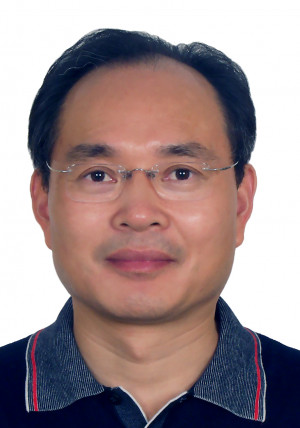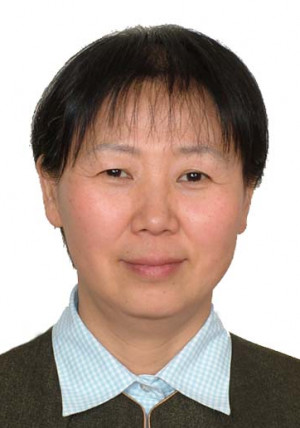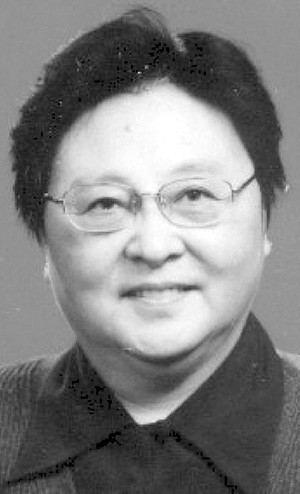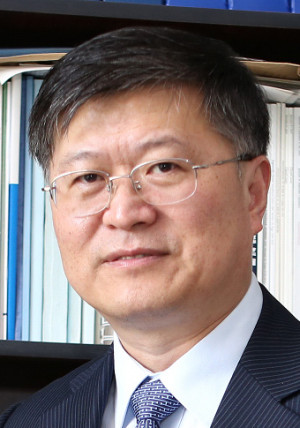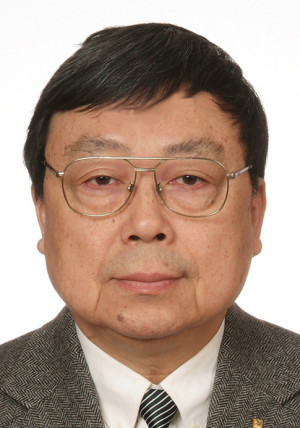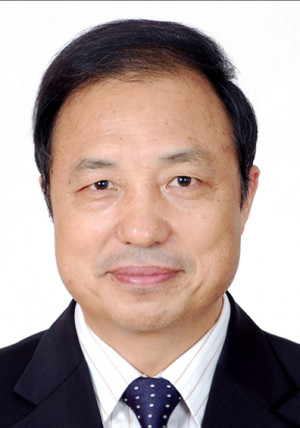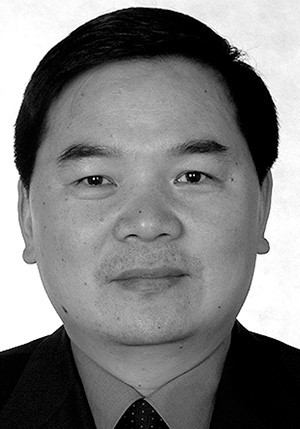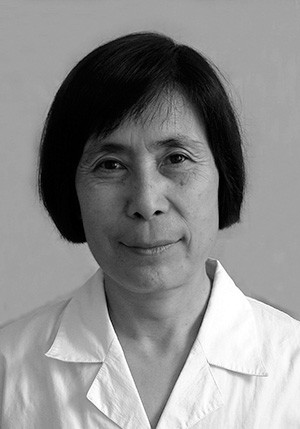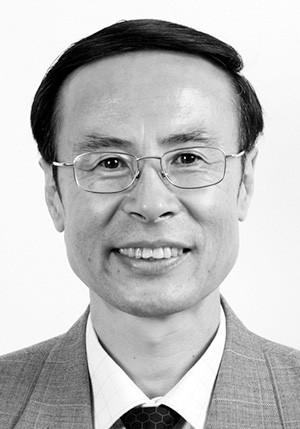Jiang, Lei
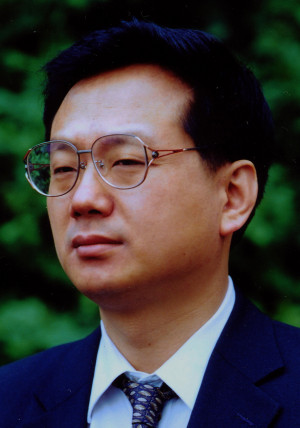
Current nationality
China
Current country of residence
China
Biodata
Jiang is prof., Technical Inst. of Phys. and Chem., Chinese Acad. of Sciences, Beijing, China. He received his PhD from Jilin U. of China in 1994. He worked as postdoct. fellow at Tokyo U. in Akira Fujishima's group. In 1996, he became researcher, Kanagawa Acad. of Sci. and Techn., on Hashimoto's project. In 1999, he joined ICCAS under the auspices of the 'Hundred Talents Programme'. In 2009 he was elected Academician, Chin. Acad. of Sciences. He has won the Excellent Youth Prize twice, the 2011 Zhuliyuehua Award for Outstanding Teacher, the 2011 TWAS Prize in Chemistry, and the 2014 MRS Mid-Career Researcher Award. He has published two books, three book chapters and +400 SCI journal articles, have been racked up more than 32000 citations. His H factor is 83. He is member of the edit. boards of Advanced Functional Materials, Small, NPG Asia Materials, Biomicrofluidics, and Nano Research.
ELECTED
Last updated on 02/05/2025

